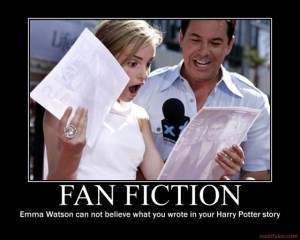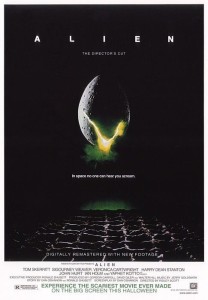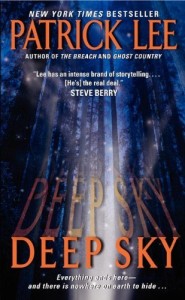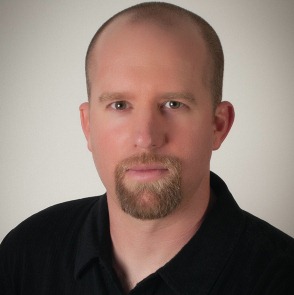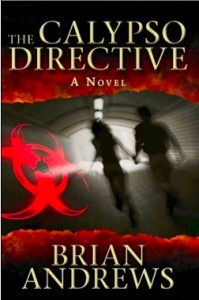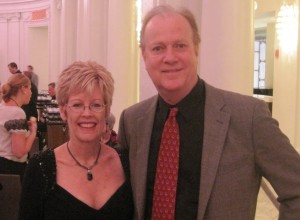By: Kathleen Pickering www.kathleenpickering.com
Great news for the self-published author looking for a marketing boost above the pile: Kirkus Indie reviews self-published works.
Believe it or not, word of mouth is still one of the strongest motivators for sales. Book sellers, librarians, book clubs, reviewers—your best friend—will all have an answer if ask, “Have you read anything good lately?”
Here’s where Kirkus Indie comes in. To quote them directly, “The Kirkus Indie program gives independent authors a chance to obtain an unbiased, professional review of their work, written in the same format as a traditional Kirkus review with the same chance of earning the coveted Kirkus Star.
Our Indie program curates the self-published segment of the industry to help consumers and industry influencers (such as publishers, agents, film producers, librarians and booksellers) discover books they may otherwise never find.”
The beauty of a Kirkus review is that you, the author, can chose whether or not the review goes public. If you don’t like the results, use the 250-300 word critique to improve your work and move on. However, should you be tickled to the tailbone about how your book was received, not only is the review yours to publish as you see fit, Kirkus will post the review on their website at no extra charge. (The fee, I’ll discuss later. I want you to see the good stuff first.)
In addition to the website review, your review also gets distributed to their licensees, including Google, BN.com, Ingram, Baker & Taylor and more.
And if that’s not enough, the editors will consider your review for publication in Kirkus Reviews magazine, which is read by librarians, booksellers, publishers, agents, journalists and entertainment executives. Plus, the review may be selected as a feature in the Kirkus email newsletter which distributes to more than 50,000 industry professionals and consumers.
Now, you ask, who does the reviewing? Meg LaBorde Keuhn, COO of Kirkus Media recently told Author Cheryl O’Donovan in a RWR article that editorial integrity is sacred to Kirkus. Only professional reviewers who are genre experts, independent and totally unbiased are hired.
O’Donovan cited author Darcie Chan who said a Kirkus Indie review played an important role in helping her make self-publishing history by selling over 500,000 e-books and counting. The Kirkus Indie review encouraged readers to take a chance on her as an unknown author.
Nice. ![]()
Kirkus Indie is the fastest rising segment in the Kirkus organization, being followed closely by its new editorial service. (Visit Kirkus Editorial for more info.)
What’s the catch? You pay for your review.
Standard service with a 7-9 week response time costs $425. Express services for $575 returns your review within 4-6 weeks. Kirkus Indie requires two copies of the published book or completed manuscript. For e-book only format a manuscript PDF is sent directly to the editor.
Now, we all know that the self-publishing industry is booming. This author believes that obtaining a favorable review from an established reviewer branded with an 80 year reputation for being the toughest book critic in the world makes good business sense.
What do you think?
Write on, my friends!
xox, Piks



